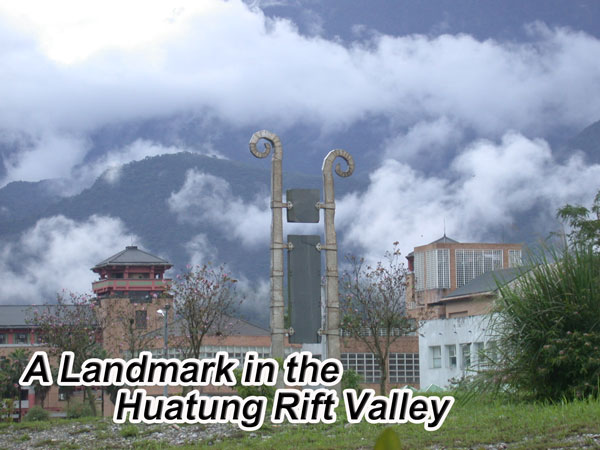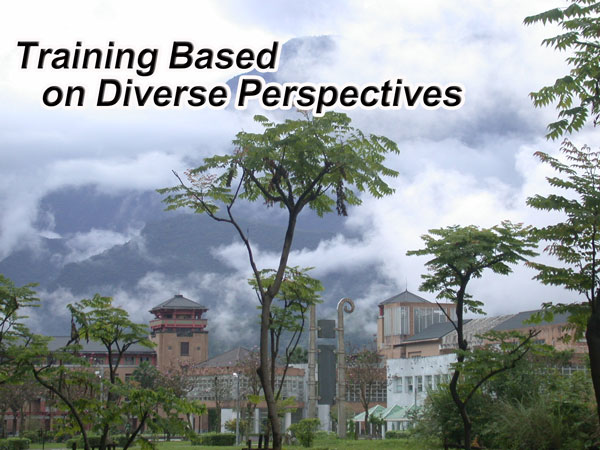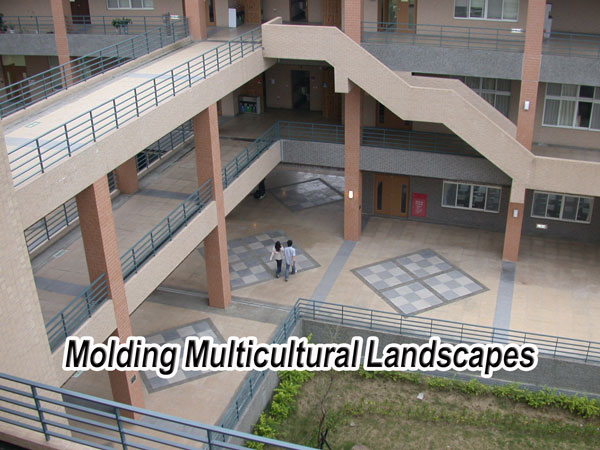About the Department of Ethnic Relations and Cultures
Establishment
Educational Goals
Future Development
After Graduation
Establishment

NDHU's Department of Ethnic Relations and Cultures was established at the beginning of the 2010 academic year. The department's roots go back to 1995 when the master's program at the Graduate Institute of Ethnic Relations and Cultures was first created. In 2001 the Graduate Institute was joined by the undergraduate Department of Indigenous Cultures, and the two programs were eventually merged into a single academic unit. So, while the program has an official birthdate in 2010, it is actually much older than that, making it the first academic department in Taiwan dedicated to the study of ethnic relations and cultures.

The combined graduate and undergraduate department now offers bachelor, masters, continuing education masters and PhD programs. We not only carry on the educational and research traditions of the Graduate Institute of Ethnic Relations and Cultures and the undergraduate Department of Indigenous Cultures, but are able to offer more integrated support and resources than either program was able to do on its own. Our department transcends traditional institutional boundaries. We combine elements from social sciences and the humanities, integrating anthropology, sociology, history, culture studies and the arts in order to explore the cultures and arts of indigenous peoples.
Educational Goals
This department's goals are as follows: To train students with the theoretical knowledge and practical skills necessary to study ethnic relations and cultures. To cultivate highly educated indigenous scholars. To encourage multiethnic and multicultural perspectives. To stimulate practical social action. And to realize the cultural ideals of ethnic equality and multiculturalism.
This department emphasizes interdisciplinary academic training and investigates a wide range of ethnic groups and indigenous cultures.
1.Basic interdisciplinary training includes anthropology, sociology, history, culture studies, the arts, law, etc. Students become aware of a wide range of ethnic groups and develop cross-cultural communication skills.
2.Special courses are offered in education, the arts, religion, economics, cultural exhibition, social policy, gender and other topics related to ethnic relations and cultures. Such courses encourage students to take greater responsibility for the continuation and social development of ethnic cultures.
3.Practical training in fieldwork and social work projects with tribal communities, social service organizations and non-profit organizations enhances students’ employment qualifications and research skills.
4.In addition to the required curriculum, this department offers elective programs for students to choose from, including “Ethnic Diversity” and “Culture and Performance.” To qualify for graduation, students can select one or both of these programs. Moreover, according to their own interests, students can take courses from other departments as well. In this way, students have the opportunity to enhance their academic knowledge and ability.
Future Development
Our department takes advantage of our unique location. Based on the wealth of fieldwork recourses available in East Taiwan, we are building a database for local research and the social development of indigenous communities. We also promote innovative ideas grounded in local cultural traditions. At the same time, by paying respect to the traditional knowledge of indigenous people around the world, we seek to cordite work between tribal communities, neighborhood organizations, social service organizations and non-profits. In doing so, by efficiently making use of social recourses, our department attempts to systematically engage students in the process of maintaining and promoting tribal communities and indigenous societies.
After Graduation
Graduates of our department possess extensive knowledge of multiculturalism and have practical experience working within a wide variety of communities. They are well prepared to work with private and public organizations related to ethnic groups and cultures by doing research, providing service, or assisting in policy planning and implementation. In addition, they are prepared to engage in research related to domestic and international ethnic groups, culture, anthropology, sociology, religion, history and the arts. Our graduates are qualified to work in government departments, museums, all types of foundations, publishing houses, historical and cultural workshops, tribal services, social services, etc.







